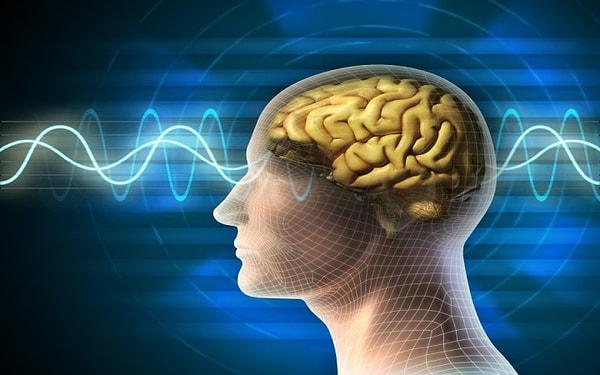Why Do We Wake Up Earlier As We Age? Unlocking The Science
If you've found yourself complaining about waking up later than you'd prefer, there might be a silver lining to aging. Scientific evidence suggests that as we get older, our tendency to sleep in may naturally diminish. Curious about the details? Let's delve into the science behind why our wake-up times evolve with age.
As people age, they tend to wake up earlier.

It is commonly accepted that older individuals rise at the crack of dawn, while younger generations may sleep in until the afternoon—a natural part of the aging process. Experts recommend that individuals aim for seven or more hours of sleep each night and maintain a consistent bedtime. However, as one approaches middle age, the duration of nightly sleep tends to decrease by 30 minutes every decade. As people age, they find themselves going to bed earlier and waking up sooner. There are several reasons for this phenomenon:
Brain Factor:

The relationship between aging and early waking is largely associated with the brain. As the brain ages, it becomes less responsive to stimuli. These stimuli are cues that help us determine the time of day, such as daylight, social cues, meal times, and physical activity.
In older adults, these cues no longer form connections in the brain as effectively as they used to.

This is due to natural brain degeneration, leading to older individuals becoming fatigued earlier than younger individuals and, consequently, going to bed and waking up earlier.
The Role of Eyes:

Eyes also play a crucial role in perceiving external cues, and visual abilities change with age. According to Professor Cindy Lustig from the University of Michigan, age-related changes in vision reduce the intensity of light stimuli received by the brain. This stimulation plays a significant role in maintaining the regularity of our time awareness.
Conditions common in the elderly, such as cataracts, can also influence this process.

As cataracts progress, the lens inside the eye becomes cloudy, allowing less evening light to enter. This creates the impression in the brain that the sun is setting earlier than it actually is, leading to an early rise in melatonin levels.
Melatonin is known as the sleep hormone and typically begins to increase when the sun sets.

The impression created by cataracts that the sun is setting earlier may result in an early rise in melatonin levels and a desire to sleep earlier. Consequently, going to bed earlier and waking up earlier, even if you were a night owl in your youth, becomes a natural part of the aging process.
What do you think? Let's meet in the comments!
Keşfet ile ziyaret ettiğin tüm kategorileri tek akışta gör!


Send Comment